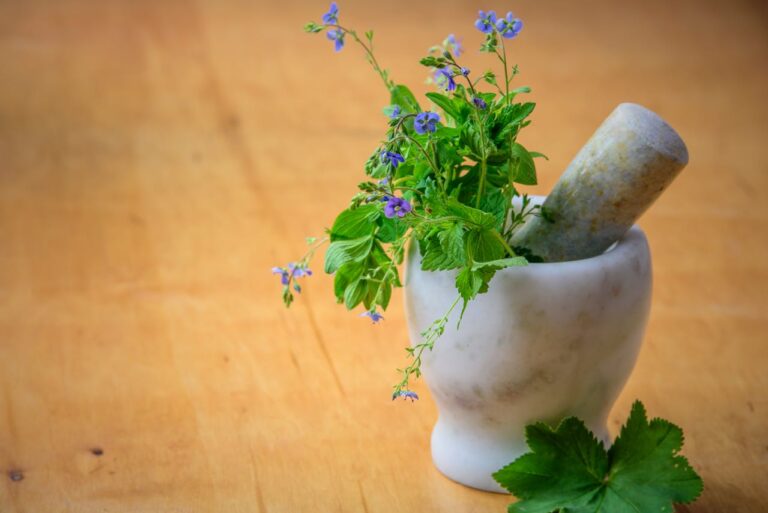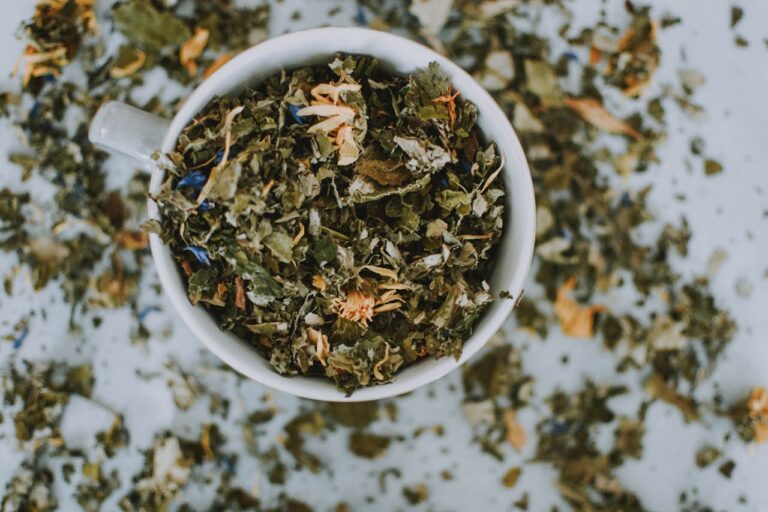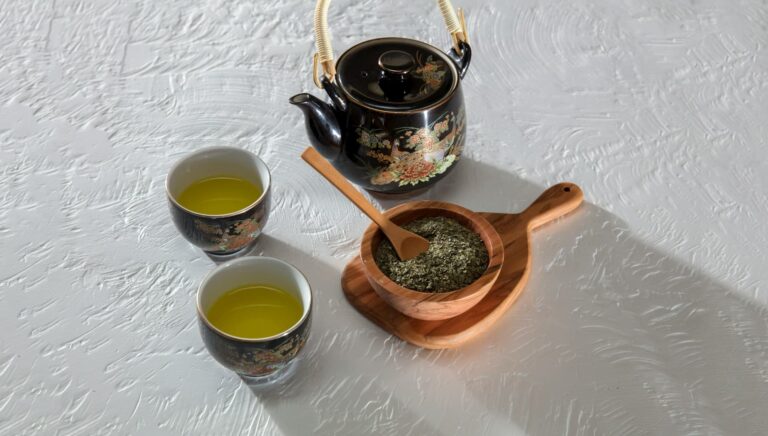Stress is a silent thief. It drains your energy, wrecks your focus, and leaves you feeling overwhelmed. In today’s fast-paced world, chronic stress has become a major health concern, contributing to anxiety, insomnia, high blood pressure, and digestive issues. But what if you could naturally support your nervous system without relying on pharmaceuticals?
Nature has always provided remedies for our well-being, and some of the best stress-supporting solutions may be right in your backyard. In this article, we’ll explore five homegrown herbs that have been traditionally used to promote relaxation, reduce anxiety, and restore balance to your mind and body.
1. Lemon Balm (Melissa officinalis) – The Gentle Calmer
Lemon balm, a member of the mint family, has long been valued for its ability to support relaxation and ease tension. Some studies suggest it may help increase GABA (gamma-aminobutyric acid) levels in the brain, a neurotransmitter associated with calming effects.
How to Use Lemon Balm:
- Tea: Steep fresh or dried lemon balm leaves in hot water for 5-10 minutes.
- Tincture: Take a few drops of lemon balm extract under your tongue or add to tea.
- Essential Oil: Diffuse lemon balm oil to create a calming atmosphere at home.
✅ Best for: Supporting relaxation, promoting restful sleep, and easing mild stress.
2. Lavender (Lavandula angustifolia) – Nature’s Tranquilizer
Lavender isn’t just a fragrant flower; it has been traditionally used to promote a sense of calm and well-being. Some research suggests it may help support healthy stress hormone levels, such as cortisol.
How to Use Lavender:
- Tea: Brew dried lavender flowers for a soothing drink before bedtime.
- Essential Oil: Add a few drops to a diffuser or apply to pulse points.
- Bath Soak: Infuse bathwater with fresh lavender or a few drops of lavender oil for deep relaxation.
✅ Best for: Supporting relaxation, easing tension, and promoting a calm mood.
3. Ashwagandha (Withania somnifera) – The Adaptogenic Powerhouse
Ashwagandha is an adaptogen, meaning it may help the body adapt to stress. Some studies suggest it may support healthy cortisol levels and overall resilience to stress.
How to Use Ashwagandha:
- Powder: Mix into smoothies, warm milk, or herbal teas.
- Capsules: Take standardized extracts for a controlled dosage.
- Tincture: Add a few drops to water or juice for quick absorption.
✅ Best for: Supporting stress resilience, adrenal health, and energy balance.
4. Chamomile (Matricaria chamomilla) – The Ultimate Relaxation Herb
Chamomile has long been used as a gentle nerve tonic to promote relaxation and digestive comfort. It contains apigenin, a compound that may interact with receptors in the brain associated with relaxation and sleep support.
How to Use Chamomile:
- Tea: Steep dried chamomile flowers in hot water for a gentle, calming tea.
- Infused Honey: Add chamomile flowers to raw honey and let it sit for a few days before using.
- Bath Soak: Add chamomile tea or essential oil to bathwater for full-body relaxation.
✅ Best for: Easing occasional anxiety, promoting relaxation, and digestive comfort.
5. Holy Basil (Ocimum sanctum) – The Sacred Stress Buster
Also known as Tulsi, holy basil is a revered herb in Ayurvedic medicine. It has traditionally been used to promote mental clarity and emotional balance.
How to Use Holy Basil:
- Tea: Brew fresh or dried holy basil leaves for a refreshing herbal tea.
- Tincture: Take a few drops daily for ongoing stress support.
- Essential Oil: Use in aromatherapy for mental relaxation.
✅ Best for: Supporting mood balance, promoting cognitive function, and encouraging relaxation.
Bring Nature’s Stress Supporters Into Your Life
Stress doesn’t have to control your life. By incorporating these five homegrown herbs into your daily routine, you may naturally support your nervous system, improve your mood, and encourage relaxation.
✨ Pro Tip: Start small. Choose one or two herbs that resonate with you and integrate them into your wellness routine. Whether it’s sipping on lemon balm tea before bed or diffusing lavender oil in your home, small changes can lead to noticeable improvements in your stress levels.
Ready to explore herbal wellness? Consider growing these herbs in your garden or sourcing high-quality organic versions from a trusted supplier. Your mind and body will thank you!
Disclaimer: This article is for informational purposes only and is not a substitute for professional medical advice. Consult a healthcare professional before using herbal remedies, especially if you are pregnant, nursing, or taking medications.







